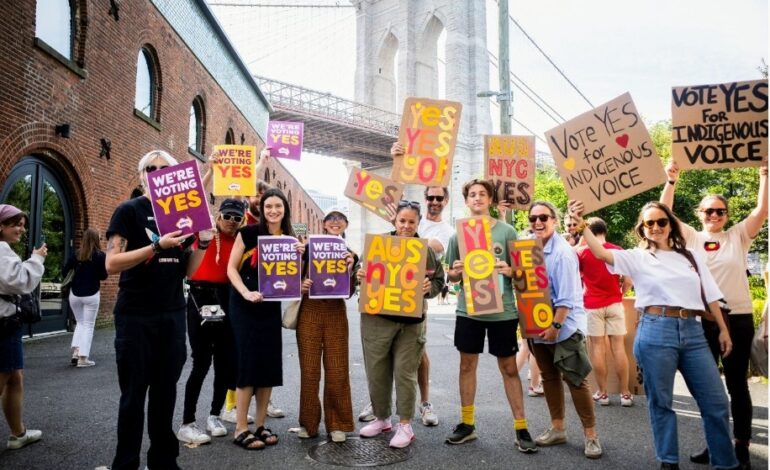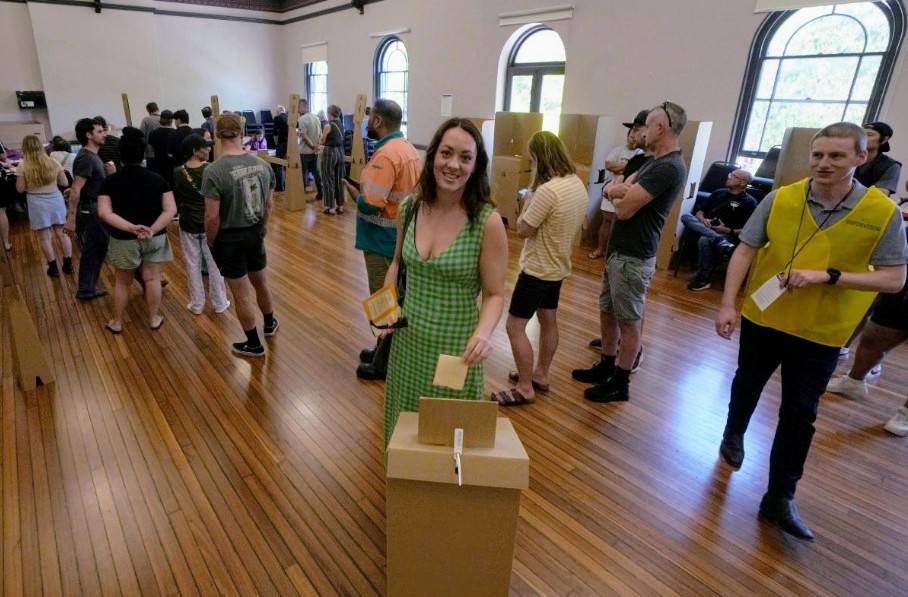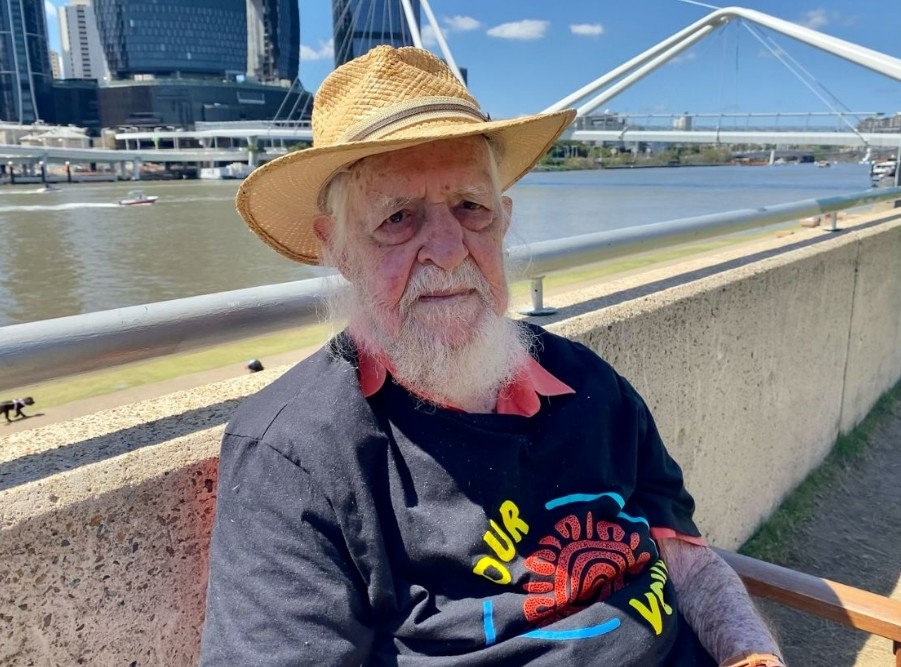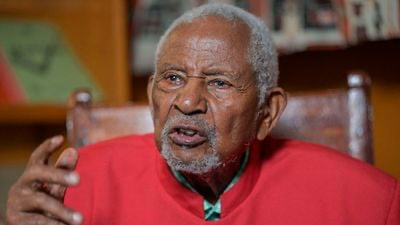
Wayne Lumbasi
Australia’s efforts to achieve reconciliation with its First Peoples were severely hampered when the country firmly rejected a proposal to include recognition of Indigenous people in the constitution.
The first referendum in nearly 25 years, on whether to change the constitution to recognize Aboriginal and Torres Strait Island people through the establishment of an Indigenous advisory body called the “Voice to Parliament,” required Australians to cast “Yes” or “No” votes.

After over 70% of the votes were tabulated nationwide, the “No” side had a 60% to 40% advantage over the “Yes” vote.
According to projections made by Australian broadcaster ABC and other TV networks, the majority of voters in each of the six states of Australia would vote against amending the 122-year-old constitution.
A successful referendum requires at least four of the six to vote in favor, along with a national majority. Scholars and human rights activists worry that the “No” camp’s victory could cause years to pass before reconciliation efforts are resumed.
The Uluru Statement from the Heart, a 2017 declaration created by Indigenous leaders that outlined a path for reconciliation with the broader Australian community, including a proposal for the Voice to Parliament.

Despite having lived on the land for roughly 60,000 years and constituting 3.8% of Australia’s 26 million inhabitants, Indigenous people are not recognized in the constitution and are, by most socioeconomic standards, the most disadvantaged group in the nation.

The idea’s proponents felt that incorporating an Indigenous voice into the constitution would bring Australia’s Indigenous population together and usher in a new era. Many Indigenous people supported the shift, but others argued that it was a distraction from accomplishing practical and constructive results. The measure has been attacked by the political opposition as divisive, ineffective, and slowing government decision-making.




